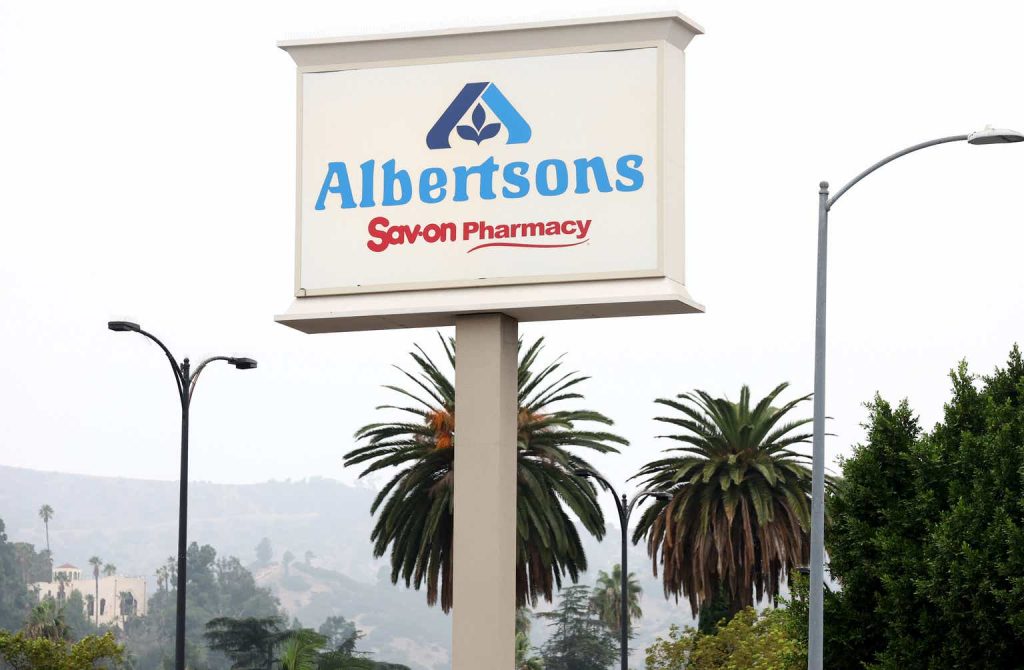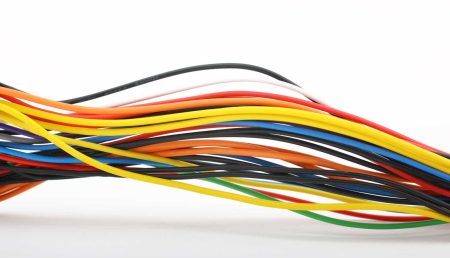About a year ago, I concluded I would run for the cashier in the case of shares of Albertsons Companies, Inc. (NYSE:ACI). The grocery chain had prolonged the pandemic boom of 2020 into 2021, allowing it to revamp stores and deleverage the balance sheet. With comparables getting more difficult and inflationary pressures building, I was very cautious, with shares trading in the mid-thirties about a year ago.
A Recap
The pandemic provided private equity firm Cerberus, the owners of Albertsons since the late 2010s, with a perfect window of opportunity to go public in the summer of 2020. The pandemic drove enthusiasm which allowed for the IPO, with shares going public at $16 per share, amidst a very motivated seller and a highly indebted company being brought public.
The 479 million shares outstanding valued equity of the chain at $7.7 billion at the IPO price, actually less than an $8.2 billion net debt load at the time. The resulting $16 billion valuation was awarded to a business which generated $62 billion in revenues in 2019, although that operating profits only came in between a half and a billion dollars. These were very slim margins, even in a traditionally low-margin grocery market, as the pandemic provided a boom to the business.
The company saw a profit explosion in 2020 as adjusted earnings rose to $3.24 per share, roughly 4 times my estimated profit run in a normal year. Net debt was cut to $6.6 billion and EBITDA exploded to $4.5 billion, resulting in quick deleveraging. The company originally guided for a tougher 2021, with identical sales seen down 6-7% and EBITDA seen down to $3.5 billion.
By December 2021, the company was far into its book year as it saw 2021 sales down to just around a percent, adjusted EBITDA was seen at $4.25 billion, resulting in earnings close to $3 per share, as net debt fell further to $5.3 billion. Amidst this resilience and stronger-than-anticipated performance, investors were willing to value shares in the mid-thirties, and while the resulting 11-12 times earnings multiple sounded reasonable, I was not enthusiastic.
A softer operating performance versus peers and poor governance structure made me a bit cautious, although I had definitely grown more appreciative of the performance of the business. That said, a difficult 2022 was on the horizon with inflationary pressures seen already and the pandemic likely being on a further retreat, although the occasional M&A rumors surfaced, providing support to the shares.
What Happened?
In April of last year, Albertsons posted a small increase in full year sales to $71.9 billion, with adjusted earnings reported at $3.07 per share. The company guided for modest sales growth in 2022, although that adjusted earnings were set to fall slightly to $2.70-$2.85 per share.
After solid first quarter sales released over the summer, the company hiked the guidance, and in October, the company announced that it has reached a merger agreement with The Kroger Co. (KR). The deal was structured in a bit of an unusual way as Kroger was willing to value Albertsons at $34.10 per share, yet this included a $6.85 per share cash dividend, payable ahead of the deal closing.
Shares actually fell from $27 to $21 upon the deal announcement given this implicit risk to the shareholders, as Albertsons was paying out a huge $4 billion dividend ahead of the deal closing, while the regulatory approval process would be a long and daunting task. This special dividend and the timing of the payment of this was subject to a huge legal battle in the courts late in 2022 and early in 2023.
The special dividend was finally paid on the 20th of January to investors who held the shares back in October, already at the record date. So with shares now trading at $20 and change, the valuation really comes down to $27 if we add back the special dividend.
By April of this year, the company posted its 2022 results, a year in which revenues rose 8% to $77.6 billion, aided by inflationary pressures. The company manages inflation well as EBITDA ticked up to $4.68 billion and adjusted earnings came in at $3.37 per share, up thirty cents on the year on the before. The company has made some aggressive adjustments, however, with GAAP earnings only coming in at $2.27 per share. While the full year earnings rose in a more pronounced manner, pressure on fourth quarter margins made that adjusted earnings rose just four cents to $0.79 per share.
As the fiscal year ended in February, it already includes the special dividend as net debt ballooned to $8.5 billion and that is ahead of more than five billion in long-term lease liabilities. Moreover, inflationary pressures might hurt the performance in the coming year, as deal uncertainty with Kroger is high. After a lengthy legal battle over the special dividend, it is now antitrust concerns which have arisen.
The $27.25 per share offer (being the headline offer of $34.10 per share minus the special dividend) marks a huge spread to the prevailing share price of $20 and change, but the approval process is lengthy, value-destructive divestments might have to be delivered upon. Moreover, investors really fear the outcome for Albertsons if the deal falls through altogether, leaving Albertsons massively indebted following the $4 billion special dividend.
And Now?
The reality is that investors in Albertsons Companies, Inc. face a prolonged period of uncertainty. While the 2022 results were relatively solid, the company itself warned for a more challenging macro environment in 2023, with labor investments and inflationary costs increasing, as well as anticipating lower Covid-19 testing revenues.
Hence, investors can see a healthy 30% gain if the Kroger deal closes (without concessions), but that feels a bit optimistic. Amidst all this, I think and feel that Albertsons Companies, Inc. shares look cheap, but shares felt cheap for a reason amidst poor long-term operating performance, although that this has improved in recent years.
A small position in Albertsons Companies, Inc. might be warranted here, but the lack of (perceived) quality of the business makes me cautious. Investors should look forward to continued uncertainty for Albertsons Companies, Inc. on the deal process, as the deal closing with The Kroger Co. arguably is the very best outcome for investors here.
Read the full article here










